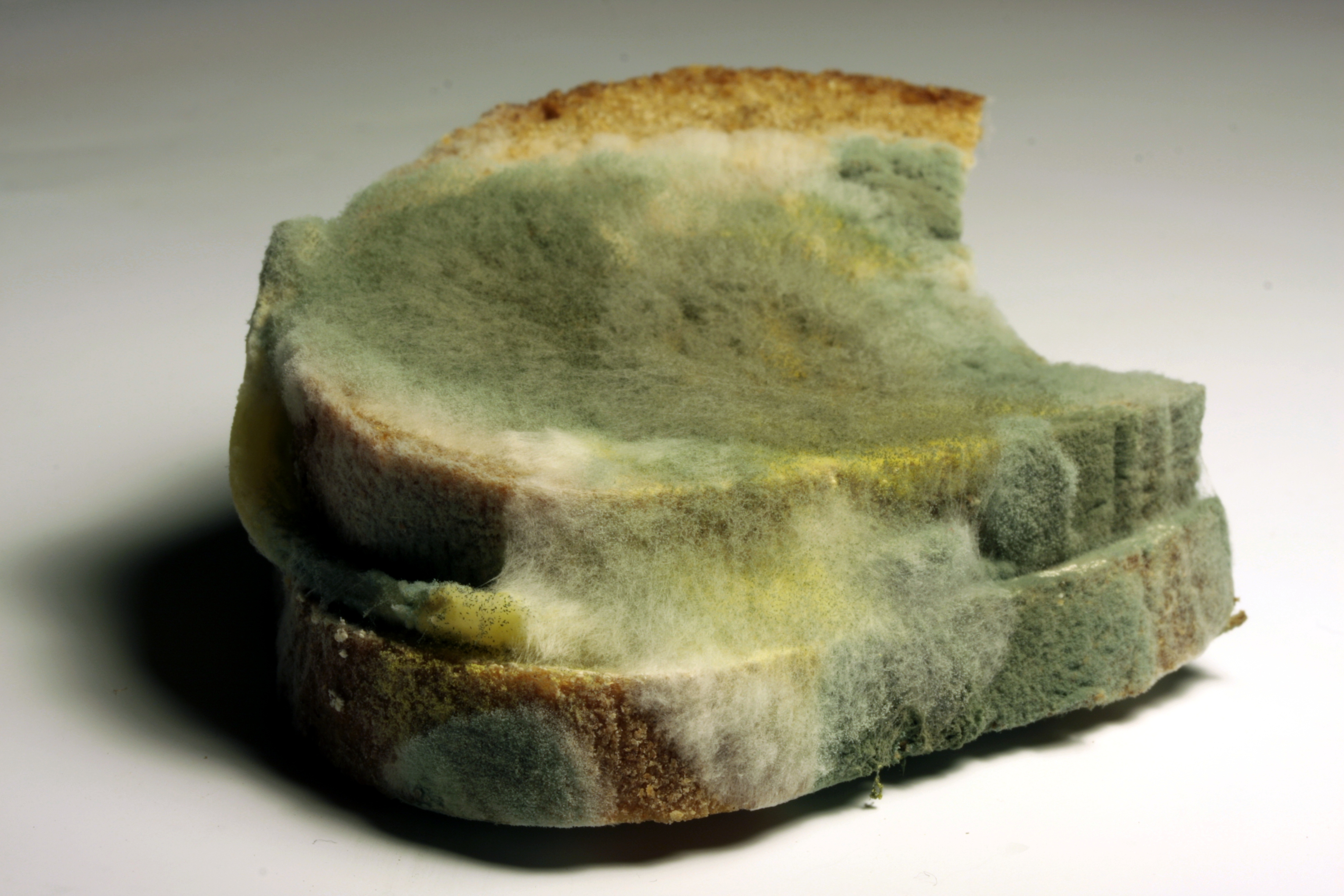A type of bread mold might just be a key to creating better rechargeable batteries, scientists reported in the journal Current Biology this week.
 Researchers at the University of Dundee in Scotland discovered that the fungus Neurospora crassa—known commonly as red bread mold—can transform manganese into a mineral composite with “excellent electrochemical properties” ideal for use in supercapacitors or lithium-ion batteries, said Geoffrey Gadd, a microbiologist and lead author of the study. Those types of batteries are used to power everything from laptops to railways to solar energy systems. Scientists have long studied how to make batteries more powerful and sustainable and in an environmentally safer way, but this is the first time researchers have looked to mold as a possible solution.
Researchers at the University of Dundee in Scotland discovered that the fungus Neurospora crassa—known commonly as red bread mold—can transform manganese into a mineral composite with “excellent electrochemical properties” ideal for use in supercapacitors or lithium-ion batteries, said Geoffrey Gadd, a microbiologist and lead author of the study. Those types of batteries are used to power everything from laptops to railways to solar energy systems. Scientists have long studied how to make batteries more powerful and sustainable and in an environmentally safer way, but this is the first time researchers have looked to mold as a possible solution.

Henry Muhlpfordt/Flickr